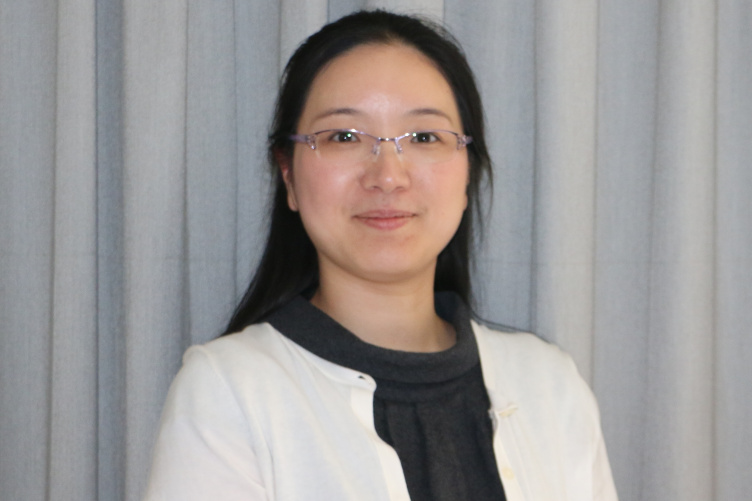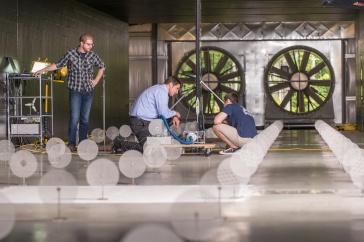
Qiaoyan Yu, assistant professor of electrical and computer engineering, received an NSF CAREER award.
Qiaoyan Yu, assistant professor of electrical and computer engineering, received a National Science Foundation (NSF) CAREER award for "Proactive Defense Methods for Chip Integrity and Security."
“Unreliable and insecure chips threaten homeland security and citizen safety, especially for the mission-critical applications in the military, government, medical and transportation fields,” she explains. “The outcomes of this project will facilitate the implementation of trustworthy chips for both mission-critical and commercial applications. More specifically, this project develops proactive defense methods to resist security threats appeared at the design phase of integrated circuits.”
At UNH, Yu’s research interests include error control for networks-on-chip, fault-tolerance for many-core systems and emerging nanoelectronics. She is working with one doctoral candidate and one master’s degree student on her "Proactive Defense Methods for Chip Integrity and Security" research.
As the technical abstract for her NSF award-winning project notes, “Many security threats, including hardware intellectual property piracy, hardware Trojan insertion and side-channel analysis attacks, increase the concerns about hardware integrity and trust. Security threats at the hardware design stage are typically more difficult to address than those at fabrication and testing stages, as the attacker may have a better view of the applied countermeasures against those attacks. This project develops proactive defense methods to resist attacks at the design phase.”
And, Yu adds, the project promises other outcomes as well — including building interest in cybersecurity among students in grades K through 12 through the KEEPERS program at UNH and by working with the New Hampshire Science Teachers Association to recruit students from underrepresented groups and to increase the ratio of female students in the department.
-
Written By:
Jennifer Saunders | Communications and Public Affairs | jennifer.saunders@unh.edu | 603-862-3585
















































